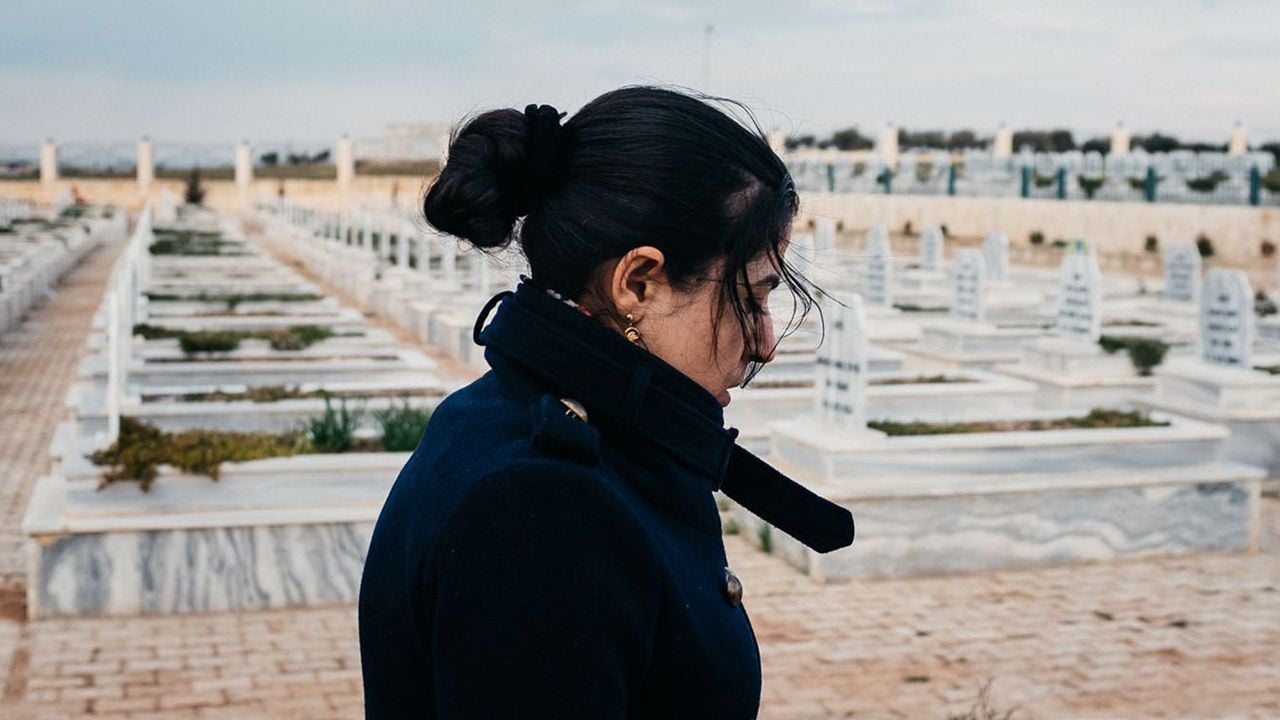Since the investigation considered the cases recorded up to the last 17 and there are still 100 deaths under investigation, the country could still end the year 2022 with more than a thousand deaths from the disease.
SOROCABA – Brazil has reached 987 deaths dengue this year, according to a bulletin released on Monday 26, from Ministry of Health🇧🇷 The number is a new annual record for deaths from the disease, surpassing the previous highest level of 986 deaths recorded in 2015. Not so many deaths have been recorded in the country since the 1980s, when dengue resurfaced in the country. only one year. Since the investigation considered the cases recorded up to the last 17 and there are still 100 deaths under investigation, the country could still end the year 2022 with more than a thousand deaths from dengue.
Deaths this year already exceed by more than 400% those recorded in all of 2021, when there were 244 deaths. OR State of Sao Paulo remains ahead in the number of deaths, with 278 recorded deaths, followed by Goiás, with 154. As evidence that the Aedes aegypti mosquito, which transmits the disease, is adapting to colder climates, the Southern Region states appear in the top sequence, completing the list of the five with the most deaths: Paraná (108), Santa Catarina (88) and Rio Grande do Sul (66).
more cases
The number of probable cases of dengue reached 1,414,797, with an incidence rate of 663.2 per 100,000 population. There was a 163.8% increase from cases over the same period in 2021. The Midwest region has had the highest incidence so far, at 2,028.4 per 100,000 population. The Brazilian municipality with the highest number of reports is Araraquara, in the hinterland of São Paulo, with 8,716.1 cases per 100,000 inhabitants. In absolute numbers, Brasilia (DF) leads with 68,654.
For infectious disease specialist Alexandre Naime Barbosa, vice president of the Brazilian Society of Infectious Diseases (SBI), the numbers indicate that there has been negligence in the prevention of the disease. “We have not even finished the count yet, because there are dammed up data and 100 deaths under investigation, and we have already broken the historical record of deaths from dengue in one year. We also surpassed 1.4 million cases. It’s definitely the worst year for dengue by any measure and this hasn’t happened by accident. There has been a lack of action by the federal government in prevention,” he said.
Last year’s low number of cases, he said, may have contributed to a population slack in basic care, such as eliminating breeding sites for Aedes aegypti, the transmitting mosquito. “Dengue is a continuous struggle, it is necessary to demonstrate that the disease kills and this is done with campaigns. In April of this year, we at the Brazilian Society of Infectious Diseases raised the first alarm for the large number of deaths and the need to resume campaigning. It wasn’t for lack of warning.”
According to him, climatic conditions also contributed to the increase in transmission. “We are experiencing a rainier year due to the La Nina phenomenon and the Aedes aegypti mosquito needs water and heat to reproduce. Another problem is that, due to global warming, the mosquito is expanding its borders, reproducing where it did not appear before. It’s no wonder we have a large number of cases and deaths in the Southern Region states.”
more chikungunya
The infectologist drew attention to the increase in cases and deaths from chikungunya, a disease also transmitted by mosquitoes. “This indicates that Aedes was free and free to reproduce due to a lack of more effective control action.” As of December 17, 93 deaths from chikungunya have been confirmed in Brazil, almost seven times more than the 14 deaths in the full year 2021. The country has already recorded 172,082 probable cases, 78% more than in the same period in 2021 .
The Ministry of Health said it is constantly monitoring the epidemiological situation of dengue and other arboviruses in Brazil. The briefing highlighted that it invests in actions to combat the mosquito on a permanent basis, such as promoting campaigns that help guide the population on disease prevention, distributing insecticides and larvicides to states and municipalities, as well as holding regular meetings with leaders to assess the national landscape and combat strategies.
🇧🇷The best content in your email for free. Choose your favorite Terra newsletter. Click here!
Source: Terra
Ben Stock is a lifestyle journalist and author at Gossipify. He writes about topics such as health, wellness, travel, food and home decor. He provides practical advice and inspiration to improve well-being, keeps readers up to date with latest lifestyle news and trends, known for his engaging writing style, in-depth analysis and unique perspectives.





![UN SI Grand Soleil in advance: On October 8, 2025, Summary of Wednesday Episode [SPOILERS] UN SI Grand Soleil in advance: On October 8, 2025, Summary of Wednesday Episode [SPOILERS]](https://fr.web.img4.acsta.net/img/10/6b/106b1447972cc727d2b45dfbbc47f941.jpg)
